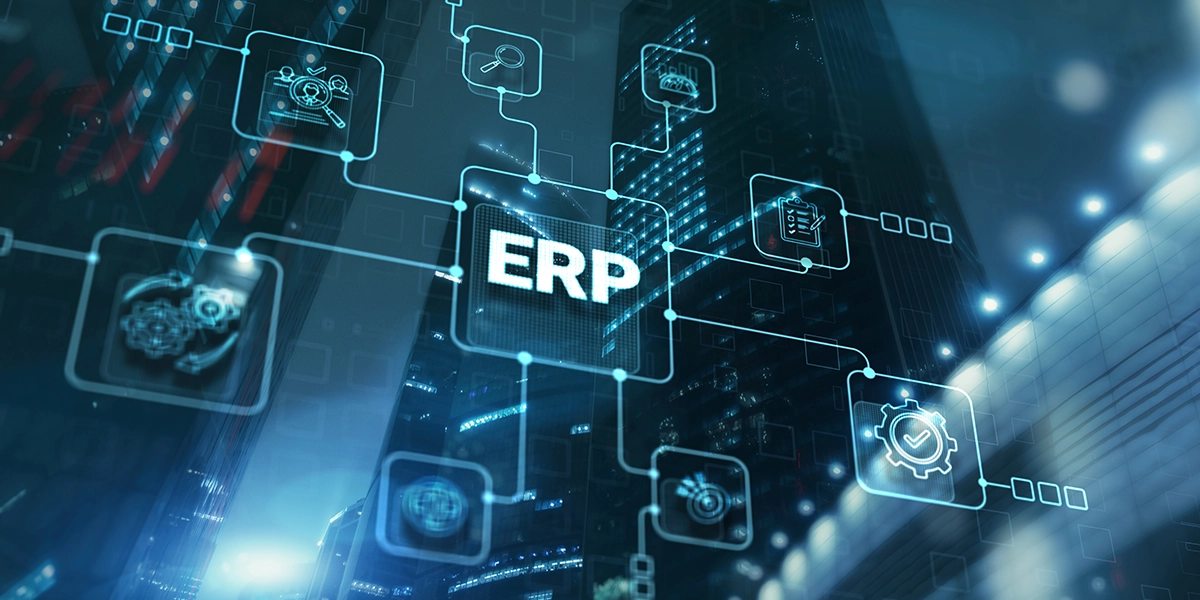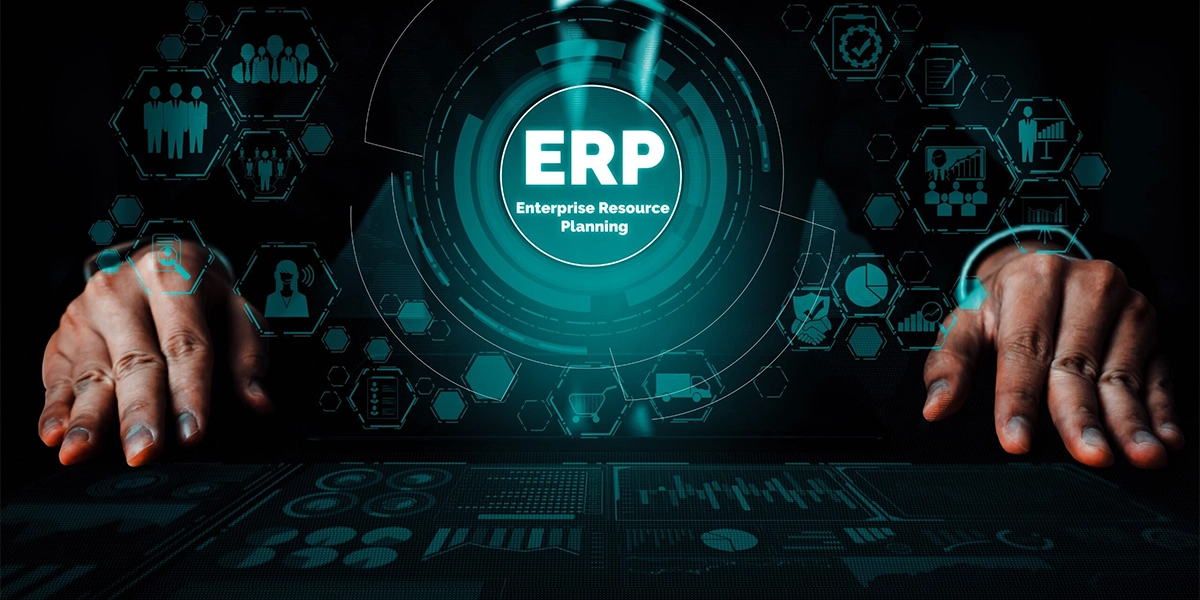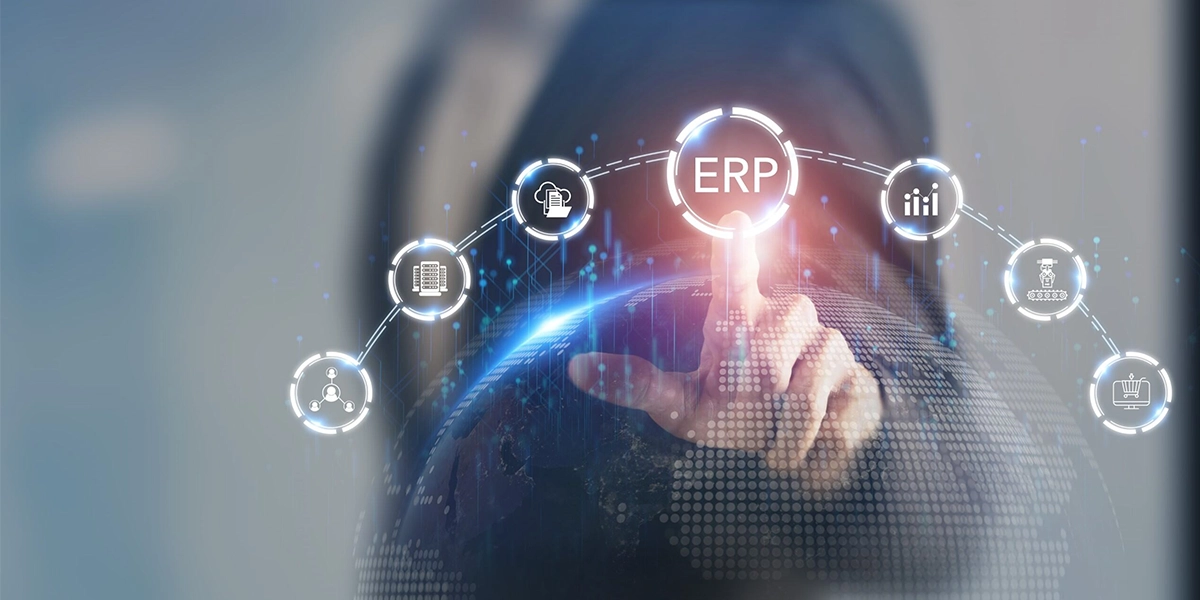Integrating an Enterprise Resource Planning (ERP) system with your existing business applications can be complex. It often involves navigating various obstacles that can disrupt business operations. At Apex Accountants, we provide effective strategies for ERP integration to ensure that the process runs smoothly. Here, we highlight common integration issues and how we resolve them through targeted solutions.
1. Data Compatibility Issues
Challenge: Different data formats and structures across systems can lead to inconsistencies during integration.
Strategy:
- Data Mapping and Standardisation: We first perform a thorough analysis of your existing data. By mapping data fields and standardising formats, we ensure consistency across all systems.
- Middleware Solutions: We deploy middleware to bridge different applications, allowing them to communicate seamlessly and ensuring data compatibility during integration.
2. Integration Complexity
Challenge: Integrating multiple systems, especially legacy ones, can be resource-heavy and complex.
Strategy:
- Incremental Integration: Our phased approach tackles one system or module at a time. This reduces complexity and enables thorough testing at each stage.
- Integration Platform as a Service (iPaaS): By leveraging iPaaS, we simplify the process with pre-built connectors and integration tools, streamlining the ERP system implementation.
3. ERP Data Migration Challenges
Challenge: Migrating data to a new ERP system often carries the risk of data loss, duplication, or corruption.
Strategy:
- Data Audits: Prior to ERP data migration, we conduct a comprehensive audit to clean and validate data, ensuring its accuracy and completeness.
- Pilot Testing: We perform pilot migrations to identify potential issues before full-scale data migration, ensuring a smooth transition.
4. Budget Constraints
Challenge: ERP integration projects can exceed budget limits.
Strategy:
- Detailed Budget Planning: We provide transparent cost estimates, ensuring that all expenses are accounted for.
- Prioritisation of Key Functions: By focusing on integrating critical functions first, we make sure the most impactful areas are addressed within budget.
5. Resistance to Change
Challenge: Employees may resist adopting new ERP systems due to unfamiliarity or fear of disruption.
Strategy:
- Tailored Training: We offer personalised training programs that help your team gain confidence in using the new system.
- Change Management: By involving employees early in the process and clearly communicating the benefits of the ERP system, we reduce resistance and encourage smoother adoption.
6. Customisation and Scalability
Challenge: Over-customising ERP systems can hinder future scalability and complicate future upgrades.
Strategy:
- Balanced Customisation: We assess your business needs to determine essential customisations, while ensuring the system remains scalable and easily upgradable.
- Future-Proof Solutions: Our integration strategies are designed with scalability in mind, ensuring that your system evolves with your business.
7. Security Concerns
Challenge: Integration often opens up potential security risks and vulnerabilities.
Strategy:
- Robust Security Protocols: We implement strong security measures, including encryption and access controls, to protect sensitive data during integration.
- Ongoing Security Audits: We regularly perform security assessments to identify and resolve any vulnerabilities, ensuring your system remains secure.
8. Vendor Selection and Management
Challenge: Choosing the right ERP vendor can be challenging and critical for the long-term success of the system.
Strategy:
- Comprehensive Vendor Evaluation: We carefully evaluate ERP vendors, looking at their support services, reputation, and alignment with your business needs.
- Ongoing Vendor Collaboration: By maintaining strong communication with vendors, we ensure timely updates and effective support, making the integration process smoother.
How Apex Accountants Can Assist
At Apex Accountants, we specialise in providing expert advice and strategies for ERP integration. Our services include:
- Consultation and Assessment: Evaluate your current systems and identify areas that need improvement.
- Tailored ERP Integration Solutions: Developing customised ERP strategies that align with your business goals.
- Implementation Support: Offering hands-on assistance during ERP system implementation to ensure a smooth transition.
- Training and Continuous Support: Providing in-depth training for your team and ongoing support to optimise the use of the new system.
Take the Next Step
Navigating the challenges of ERP integration is essential to improving your business operations. Partner with Apex Accountants to make the transition smoother and more efficient. Contact us today to schedule a consultation and discover how we can create a tailored ERP solution that fits your business needs.
By adopting our expert strategies for ERP integration, your business can seamlessly overcome common obstacles, ensuring greater efficiency and future growth.




